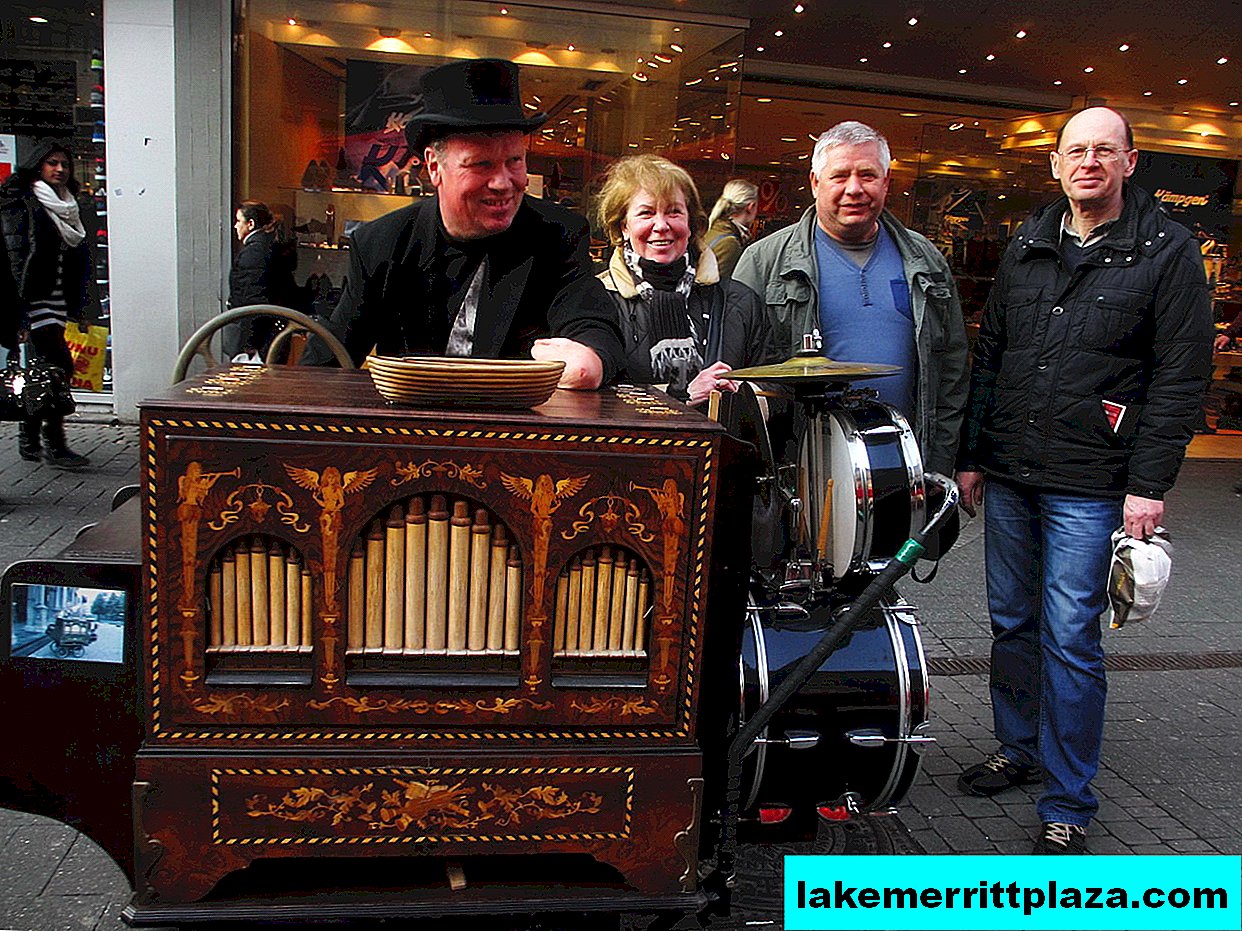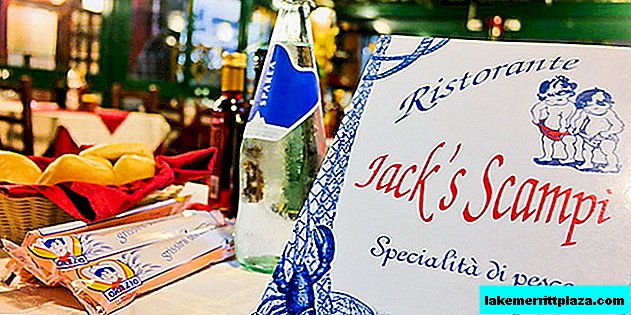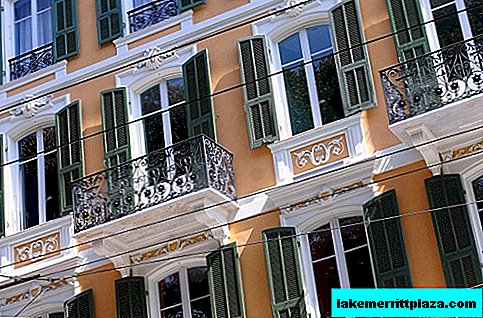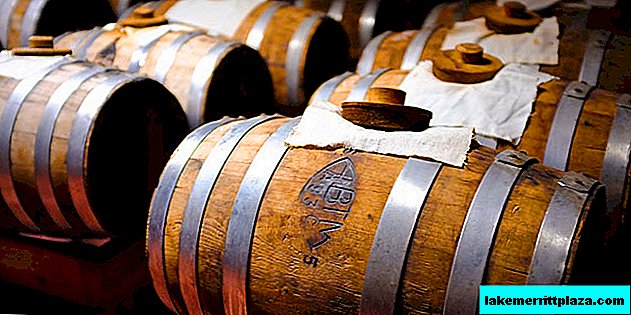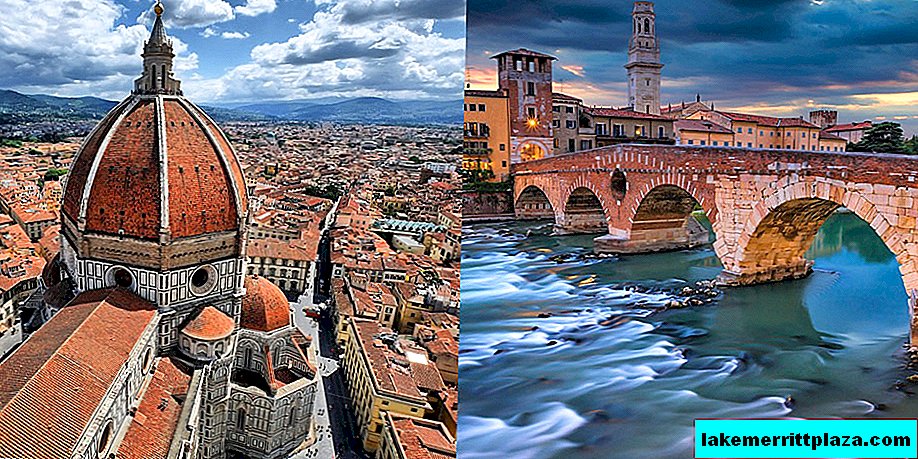Local farmers complain that the success of the EU program to return the brown bear population to northern Italy poses an increasing threat to their livestock, and possibly to people
Returning home late at night to his family-owned mountain hotel in the Italian region of South Tyrol, Markus and Karin Kerschbamer immediately felt that something was wrong. Instead of the expected bleating of sheep and the welcome roar of a donkey, silence met them. Opening the gate of the cattle pen, Senior Kerskbamer saw a scene from a horror movie: a dead ram with a torn belly lay in the center of the room, while a lamb that survived the same attack was barely alive nearby.

The Kerskbamer couple was the last victim of a predator that had not been seen in the snowy Dolomites for many decades - a brown bear. At one time, these animals were brought to the brink of extinction, and in the late 1990s, 10 animals were brought here from neighboring Slovenia as part of a European Union project to restore Italian fauna. They were released in the Trentino region, just south of South Tyrol, where they miraculously took root among alpine meadows and coniferous forests.
Bears so actively reproduced that now there are about 50 individuals, some of which migrated to South Tyrol, the German-speaking autonomous region of Italy on the border with Austria. However, local residents do not share the joy of biologists in charge of a project called Life to the Bears (Life Ursus). They claim that the bears have become too arrogant, regularly descend from mountains and forests and hunt sheep, cattle and other domestic animals. Farmers are afraid that with this tendency, bears attacking people is only a matter of time.

“I have not cried for many years, but this night I shed tears like a child’s,” shared 43-year-old Senor Kerskbamer, who lives with his family in the tiny village of Söll, at the foot of a rocky cliff covered with snow. "The sheep were like pets for our children. The bear released their insides. He also attacked a donkey and a pony, both now have deep scars on their legs."
As the bear population grows, so does the number of attacks on villages. Last year, authorities paid about 128,000 euros in compensation to farmers whose livestock were killed or injured by bears. This is a much larger amount than 7,000 euros, reimbursed for the damage caused by the wolves, who are also trying to return to these places.

Americans and Canadians are probably already used to dealing with black bears swarming in the trash containers of national parks, and even with the sometimes fatal grizzly attacks. But for most Europeans, such cohabitation is new. Walking along the Dolomites, tourists do not think about the measures of "bear safety", familiar to the inhabitants of North America. For example, hanging food on trees at night or using a walking cane with a bell.
Senora Kerskbamer is indignant: “All people are scared. We are afraid to leave the house after dark, even within the village. Three weeks ago it snowed and we saw bear tracks only a few meters from the front door.”
The mayor of the village of Tramin, Werner Dissertori, supports the woman: “The task of the authorities is to ensure the safety of citizens. If we wait until something happens, it will turn out to be too late. Enormous spaces are provided for bears in Siberia or Canada, but there are too many people here "The organizers have lost control of the project, but do not want to acknowledge this so as not to cause a panic."

However, project advocates argue that the threat is greatly exaggerated, despite the fact that an adult male can reach almost 300 kg of weight. "Bears are dangerous and capable of killing, it's true, but there has not been a single death in Western Europe over the past 100 years," said Werner Dibiasi, president of the local hunting association and an active supporter of the bear population in the Trentino forests and South Tyrol.
"A European brown bear is much less aggressive than a polar bear or grizzly bear. Compared to the number of people killed, ticks and bees are much more dangerous than bears."
The debate that arose in the Dolomites will probably soon flow to other regions of Europe, where they are trying to return large wild animals after many centuries of hunting, shooting and bullying.

